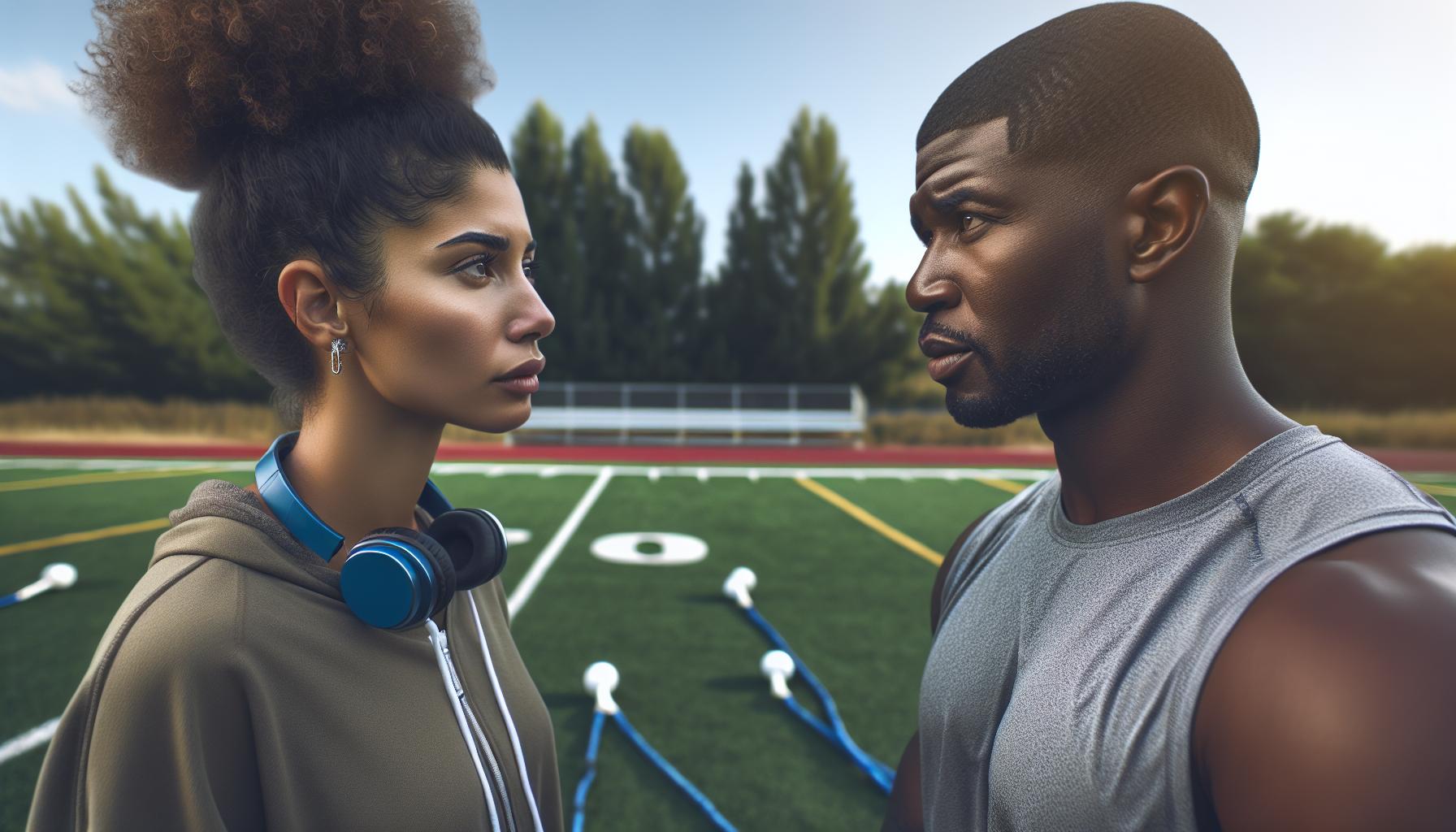In the high-stakes world of sports, athletes aren’t just training their bodies; they’re wrestling with their minds too. As the spotlight shines brighter, the field of sport psychology is evolving faster than a sprinter at the starting gun. From mental resilience to the integration of technology, trends are shaping how athletes approach their mental game.
What are Some Current Trends and Challenges in the Field of Sport Psychology?
The focus on sport psychology continues to grow, particularly in mental resilience and the integration of technology. Current trends reflect the evolving needs of athletes.
Increased Focus on Mental Health
Mental health plays a critical role in athletes’ overall performance. Recent studies indicate that 35% of athletes experience mental health issues, including anxiety and depression. Addressing these challenges is essential for creating a supportive environment. Many organizations are now prioritizing mental health resources, offering counseling and mindfulness training. Programs that incorporate mental health education help athletes understand the importance of psychological well-being. As a result, athletes are better equipped to cope with stress and pressure during competition.
Integration of Technology
Technology’s impact on sport psychology has become significant. Athletes utilize apps for tracking mental performance, enabling real-time feedback. Virtual reality training tools help simulate high-pressure situations, allowing athletes to practice mental strategies. Data analytics provides insights into performance patterns, highlighting psychological factors influencing results. Wearable devices monitor physiological responses, offering additional data for mental resilience training. As this trend continues, sport psychologists adapt their techniques to harness technology’s benefits for improved athlete performance.
Challenges in Sport Psychology

Sport psychology faces several challenges that impact its effectiveness and reach. These difficulties hinder athletes’ ability to fully embrace mental health strategies.
Stigma Surrounding Mental Health
Stigma around mental health remains a significant barrier for athletes. Many athletes fear judgment from teammates and coaches when discussing mental health issues. This fear often prevents them from seeking the help they require. According to recent studies, around 35% of athletes report experiencing mental health problems such as anxiety and depression but may not pursue support due to stigma. Conversations about mental health must become more normalized within sports environments. A supportive culture can foster open discussions, allowing athletes to prioritize their mental wellness without fear.
Access to Resources and Support
Access to mental health resources poses a challenge for many athletes. Limited availability of trained sport psychologists affects the quality of support athletes receive. While organizations are increasingly prioritizing mental health, disparities still exist between different sports and levels of competition. Some athletes, especially at lower levels, may not have access to counseling or mindfulness training. Furthermore, remote areas often lack mental health professionals specializing in sport psychology. Addressing these gaps is essential for ensuring that all athletes can receive appropriate care and support to enhance their performance and mental resilience.
Emerging Techniques and Strategies

Sport psychology continues to innovate with new techniques and strategies that help athletes improve their mental performance. These approaches enhance individual mental resilience and promote overall well-being.
Mindfulness and Visualization
Mindfulness techniques have gained traction in sport psychology, allowing athletes to develop greater self-awareness and emotional regulation. Practicing mindfulness can reduce anxiety and improve focus during competitions. Visualization complements mindfulness by enabling athletes to mentally rehearse their performances. This mental imagery helps athletes create positive outcomes and boosts confidence in their abilities. Studies show that engaging in these practices improves overall performance and mental health.
Neurofeedback and Performance Enhancement
Neurofeedback has emerged as a cutting-edge tool in enhancing athletic performance. This technique involves monitoring brain activity and providing real-time feedback to athletes. Athletes can learn to optimize their mental states by understanding their brain patterns. Research indicates that using neurofeedback can lead to improved concentration, reduced anxiety, and enhanced cognitive control. As athletes increasingly adopt this technology, its role in sport psychology becomes more significant, offering personalized strategies for peak performance.
The Role of Coaches and Athletes

Coaches and athletes play crucial roles in fostering an environment conducive to mental health. Their collaboration creates a space where mental well-being is prioritized alongside physical performance.
Building a Supportive Environment
Creating a supportive environment involves encouraging open dialogue about mental health. Coaches should actively promote mental health resources, alongside physical training programs. Providing access to counseling and mindfulness training represents a significant step toward reducing stigma. Many athletes benefit when teams foster an atmosphere of trust, allowing them to discuss their struggles openly. Teams that integrate mental health discussions in regular training sessions see improved athlete morale and performance outcomes. Prioritizing mental wellness ultimately results in athletes feeling valued and understood, enhancing their overall experience in sports.
Communication and Understanding Needs
Strong communication channels lead to a better understanding of athletes’ unique mental health needs. Coaches must establish regular check-ins, allowing athletes to share thoughts and feelings comfortably. These conversations help identify individual challenges and tailor strategies accordingly. When athletes feel heard and supported, they’re more likely to seek help when needed. Understanding the specific pressures athletes face, such as competition anxiety, enables the development of targeted mental performance strategies. Open dialogues not only build trust but also empower athletes, making them proactive in managing their mental health.
The Landscape of Sport Psychology
The landscape of sport psychology is evolving rapidly as athletes increasingly recognize the importance of mental health alongside physical training. With a growing emphasis on mental resilience and the integration of technology, athletes are better equipped to handle the pressures of competition. However, challenges like stigma and limited access to resources remain significant hurdles.
As the field continues to advance, fostering an environment that encourages open discussions about mental health will be crucial. By prioritizing mental wellness and ensuring athletes have access to necessary support, the sports community can help individuals reach their full potential both on and off the field. The commitment to mental health in sports is not just a trend; it’s a vital aspect of athlete development that will shape the future of competitive performance.



